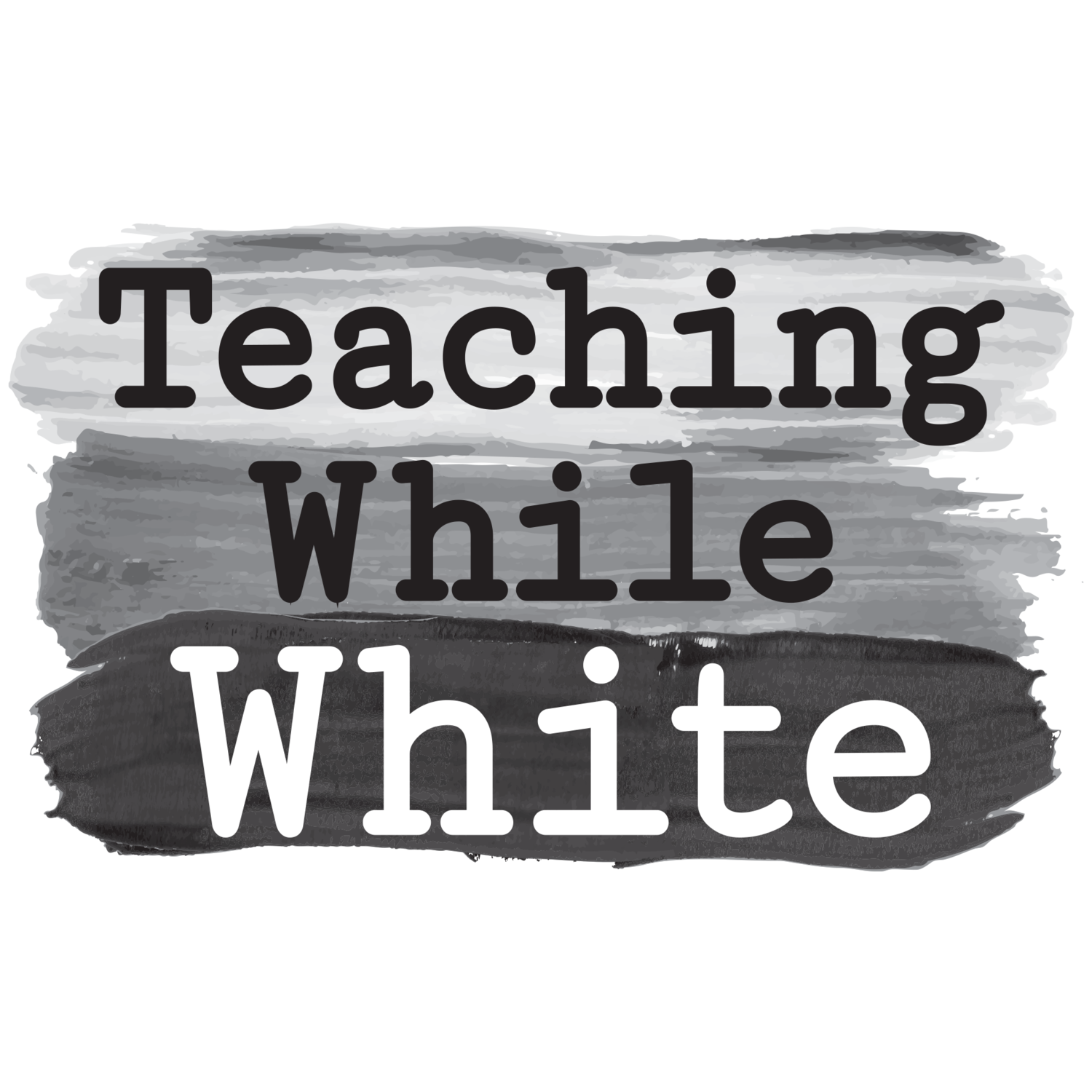Revisiting Mockingbird (Again)
This past week, I was co-facilitating a workshop on the N-word with Dr. Eddie Moore Jr. The essential point of our workshop is to acknowledge that the N-word shows up in the vast majority of American schools, if not all, and that educators need to have a clear, well-reasoned response when it does. What we know is that few educators, especially white educators, know how to respond when the N-word is spoken in schools or when it appears in a literary work under discussion. Not surprisingly, such workshop conversations eventually lead to the question of how teachers approach Harper Lee’s To Kill a Mockingbird, which remains at the top of the list of most-taught books in U.S. schools.
In the workshop, I brought up my own early struggles as a teacher trying to figure out how to discuss To Kill a Mockingbird, with its appealing coming-of-age story countered by numerous instances of the N-word and its troubling portrayal of Black characters in a white-dominated, racist culture. After the workshop, a participant shared with me an essay by Zach Graham, “My ‘To Kill a Mockingbird’ Problem — and Ours.” This essay is an open letter to teachers asking them to either teach To Kill a Mockingbird with far greater nuance and honesty about the book’s racial themes (among others) and connect them with contemporary American society and the lives of students or don’t teach it at all.
As a Black student in a predominantly white middle school, Graham had a bad experience with To Kill a Mockingbird. As an adult, he re-read the book to see if it still felt problematic. He writes, “I’ve just finished re-reading To Kill a Mockingbird, and I can firmly say that the reason I didn’t connect to the novel as a middle schooler was because it wasn’t written for me. I was moved to write this letter to you because I don’t want any of your students to have the same experience I had. To Kill a Mockingbird is a white story written by a white woman in which Black people are depicted as ignorant, hopeless, and in need of white saviors.”
I am certainly familiar with this objection to the book, and it is one of the many reasons I would not teach it again. But I appreciate that Graham also details several new arguments against the book that I had never considered — particularly against the way most white teachers frame the themes. Quite frankly, I think the letter is brilliant, and I hope every English teacher will read it
To Kill a Mockingbird just celebrated its 64th anniversary, and has been the number one book taught in the United States for decades. My question is: Why? I have been grappling with this question for quite some time now — and for those of you who don’t already know, my daughter’s name is Harper.
As we prepare for the new school year, I wanted to bring this question to the fore again. Why teach To Kill a Mockingbird? What do you see in the book that makes it essential to your curriculum? If you’re teaching it, are you considering the book through a racial lens? Are you attentive to how students of color feel about the book? What do you say to students about the use of the N-word in the novel? How do you relate the themes to the lives of students and the world they see? If you have dropped the book from the curriculum, why? And what other books are you using that engage students well across race, gender, and other social identifiers?
Below is a link to an earlier blog post I wrote on this topic, along with two podcasts we created for Teaching While White in an effort to find some answers specifically about the merits or harm of continuing to teach this highly celebrated and problematic text.
My hope is that, as Zach Graham encourages, we either help each other teach the book with a deeper understanding of its themes and effect on our students, or we don’t teach it at all.
I hope you will use these resources to engage in conversation with colleagues about what you teach and why. We’d also love to hear from you. Please tell us what you think about To Kill a Mockingbird’s place in our curricula. The more we know, the more we can offer in our workshops, podcasts, and writing.
Blog Post:
Rethinking How We Teach Books in School
Podcasts
To Teach or to Kill a Mockingbird
Mockingbird in the Classroom: The Student Experience
